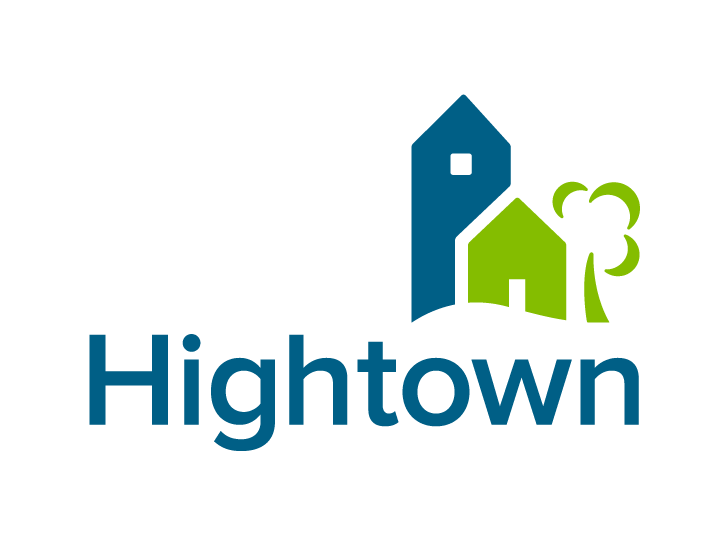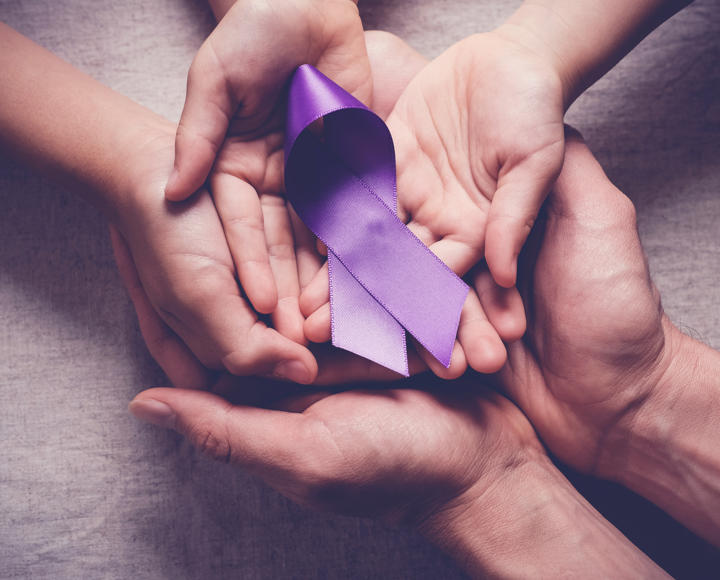At Hightown, we are committed to supporting residents who are affected by domestic abuse. We understand that providing safe housing is just one part of the solution - compassionate, informed, and proactive support is equally vital.
What is domestic abuse?
Domestic abuse is defined as an incident or pattern of incidents involving controlling, coercive, threatening, degrading, or violent behaviour - including sexual violence. It is most perpetrated by a partner or ex-partner but can also involve family members or carers.
(Definition adapted from Women’s Aid)
Types of abuse include:
- Psychological
- Physical
- Sexual
- Financial
- Emotional
- Coercive control
- Stalking and harassment
- ‘Honour-based’ abuse (e.g. forced marriage, female genital mutilation)
- Forced marriage
Abuse can occur in any type of relationship - not just romantic ones - and it doesn’t have to involve physical violence.
Our commitment
To strengthen our response, we have two dedicated Domestic Abuse Leads who regularly attend training to stay up to date with best practices, legislation and support strategies. They also take part in multi-agency meetings, ensuring a coordinated approach to safeguarding and survivor support.
Across the organisation, we have a network of Domestic Abuse Champions who raise awareness, promote early intervention and support colleagues in responding appropriately to disclosures.
Our approach includes:
- Creating tailored safety plans based on individual needs
- Monitoring residents’ wellbeing to ensure ongoing safety
- Working collaboratively with external agencies to provide holistic support
Support available
At Hightown, we will:
- Support residents at risk of or experiencing domestic abuse
- Work in partnership with agencies such as the police and local authorities
- Encourage early reporting through Housing Officers
- Make referrals to specialist external services where appropriate
If you are experiencing domestic abuse, please contact your Housing Officer or any member of staff on 01442 292300.
All information will be handled confidentially and sensitively and we will agree a communication plan with you to ensure contact is made only when it is safe.
In an emergency:
- Call 999
- If you can’t speak, listen to the operator’s questions
- Respond by coughing or tapping the handset if possible
- If prompted, press 55 to indicate a genuine emergency — you’ll be transferred to the police
For non-emergencies, call 101.
If you, or someone you know are a victim of domestic abuse, then we urge you to seek help from one of the following support groups:
- Freedom Programme: free 12 week domestic violence programme.
- National Centre for Domestic Violence
- Refuge: provides support for women and children through a variety of services
- Victim Support: free & confidential support to help victims move beyond the impact of crime.
- Suzy Lamplugh Trust: national stalking helpline
- National Centre for Domestic Violence
- Women’s Aid
- National Domestic Abuse Helpline
Accessing a refuge or shelter
You can contact your local authority to apply for a place in a refuge or shelter. Visit your local council’s website for more information. Your Housing Officer can also help signpost you to the right services.




